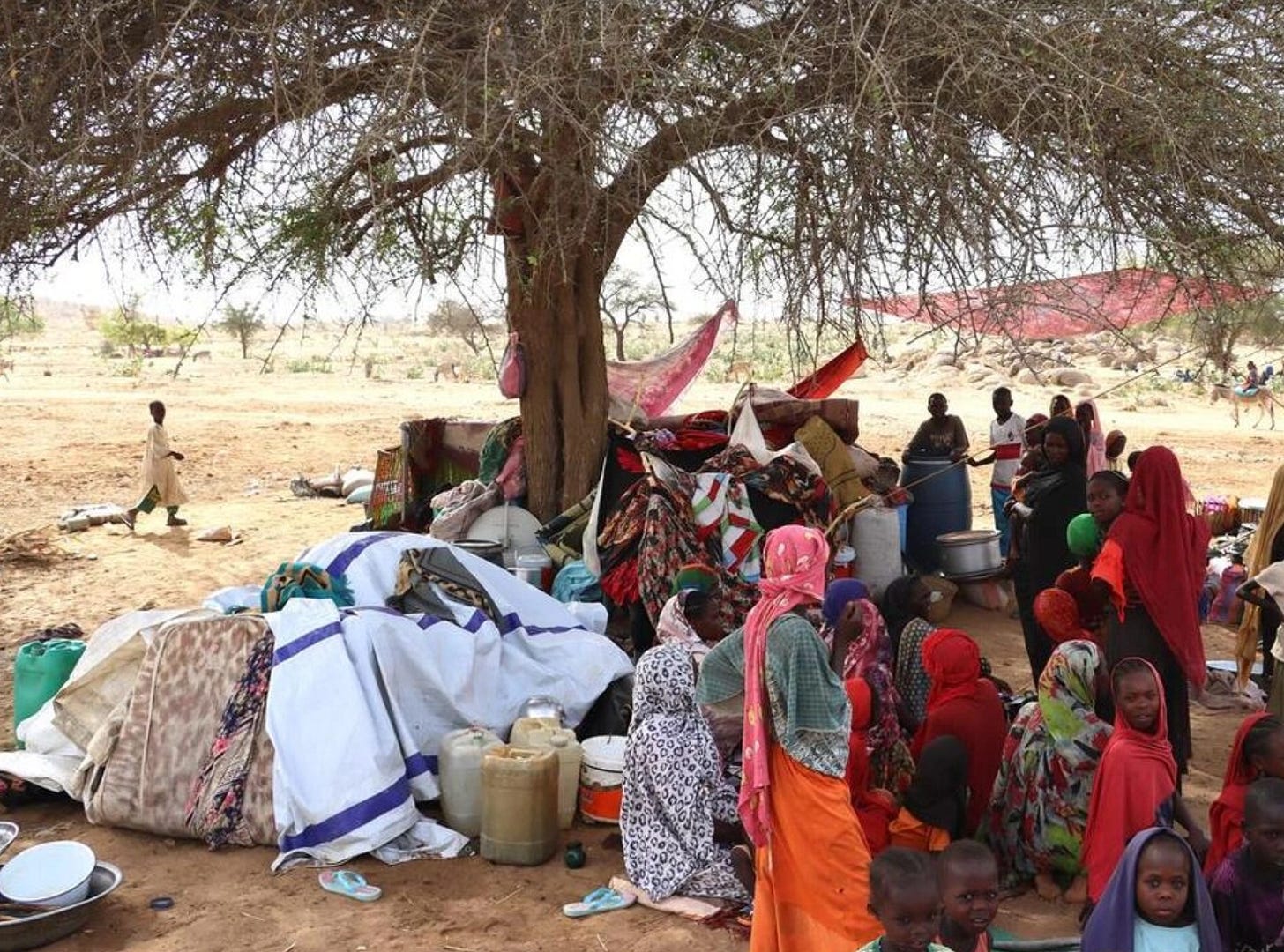Living History: the Refugee Experience in Sudan
This interview with a Sudanese refugee explores transitional justice through a historical lens
Photo credit: UNHCR
The following is an interview with Suzan Alsadig: a Sudanese refugeeIntroduction
“I was born and raised in Sudan, in the midst of political turmoil and painful events that left a deep mark on my life. I have witnessed civil wars up close—how they tear communities apart and steal dreams. For me, transitional justice is not an academic concept; rather, it is a necessity, and a personal hope. Today, I live as a refugee searching for peace and dignity. I believe that understanding the roots of transitional justice helps us grasp the challenges we face in building a nation that acknowledges its wounds and strives for true reconciliation.”
Historical Context
“Since Sudan’s independence in 1956, internal conflicts have erupted time and again: from the civil war in the south, which ended with the Comprehensive Peace Agreement in 2005, to the Darfur crisis that continues to affect millions. These are not distant events for me—they are my lived reality. My family and I were forced to leave our homeland due to violence and insecurity. Years of unaddressed violations and a lack of accountability have left wounds unhealed and deepened the suffering of civilians, their effects still shaping our lives today.”
My Daily Life Now
“Every day is a blend of strength and challenge. I start my mornings carrying the memories of my beloved Sudan while building a new life here. My days are filled with studying, volunteering to support other refugees, and staying connected to my family despite the distance. Small things—like cooking a traditional Sudanese meal or hearing my mother tongue—fill me with a sense of belonging and hope, even in the face of hardship.”
How My Environment Has Changed
“I left a place where every detail was familiar—faces, streets, scents—and moved into a world I didn’t know, with a new language, culture, and climate. It was painful and difficult at first, but over time I learned to find my place in both worlds. I built new friendships, merged my Sudanese roots with my new surroundings, and realized that home can live in your heart, no matter where you are.”
My Message to the World
“I wish people understood that refugees are not just numbers or fleeting headlines. We are human beings with dreams, ambitions, and the courage to start over after immense loss. We are not only seeking compassion; we want to be seen as people capable of giving, building, and contributing. I hope the world will look at us with open hearts and see in us not a burden, but a source of energy, hope, and resilience.”
An Unhealed Wound… El Fasher Today
“As I write these words, my heart is with my people in Darfur—especially in El Fasher—where the sound of gunfire continues to steal innocent lives. The news from there is not just headlines to me; they are the faces I know, the voices I have heard, the dreams that once mirrored my own.
Every day brings word of someone lost, a family displaced, a child left without parents. I feel helpless being far away, yet the sorrow weighs on me as if I were standing among the rubble with them.
Darfur today mourns not only its past but its present, stolen in front of the world’s eyes. I hope our cry is heard—that people understand this is not just a statistic in a report, but lives erased, hearts broken, and memories burned in fire and smoke.”
Transitional Justice… A Step Toward Peace
“I believe transitional justice in Sudan must be comprehensive—going beyond trials to include rebuilding trust between citizens and the state, and giving victims the chance to tell their stories. The absence of political will, weak institutions, and ongoing violence are major obstacles. Without true justice, there can be no lasting peace.
The voices of women and youth must be at the center of this process. Only when we combine legal accountability with social reconciliation can we turn the page on the past and write a future filled with stability and hope.”




